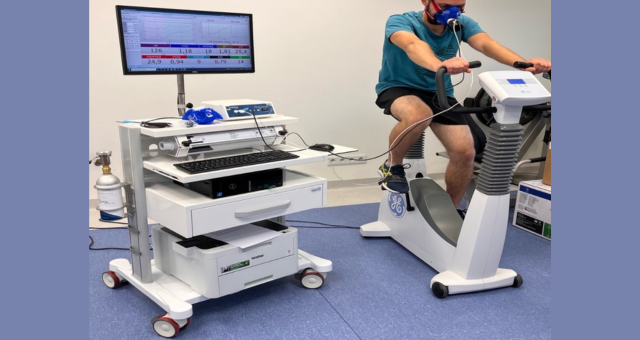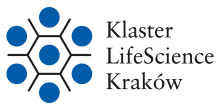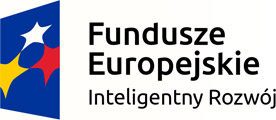
The subject of the offer is high-temperature, molecular magnetic materials (solids and liquids) exhibiting a ferromagnetic effect.
Application: new magnetic coatings in the manufacturing of computer disks, storage medium in security systems (with the possibility of quick and fully irreversible erasing of memory by increasing temperaturę or photolytic action), fast-acting magnetic switches, super long solid magnets, magnetic paints and fluids, photosensitive magnets.
Molecular magnets defines a class of materials featuring magnetic properties at the molecular level and behaving similarly to ferromagnetics. Since the nature of molecular magnetic materials originates from the properties of particular molecules (and not from the properties of the crystal structure), molecular magnets exhibit interesting properties distinguishing them from traditional magnetic materials, i.e. low density, spin bistability (coexistence of the paramagnetic and ferromagnetic states), and multifunctionality (the existence of several physical properties).
Ferromagnetics retain their properties up to Curie temperature (Tc), while above Tc they become paramagnetic. An important issue from the point of view of their application is the fact that majority of molecular magnetic materials miss their ferromagnetic properties above 0°C. As distinct from them a family of magnetic molecular materials exhibiting ferromagnetism at room temperatures was recently developed at the Faculty of Chemistry of the Jagiellonian University. Such materials are particularly desirable for magnetic storage, quantum computing and molecular spintronic. In addition, molecular magnetic materials are not only offered in the form of a solid, but also as a homogeneous liquid with ferromagnetic properties.
The vital advantages of the technology:
√ high temperature ferromagnetism;
√ solid and liquid state materials;
√ wide range of applications in medicine, electrotechnics, electronics.
The offered solutions are subject of a patent application. The further development of the invention is conducted by the scientific staff of the Faculty of Chemistry of the Jagiellonian University. Currently, the Centre for Technology Transfer CITTRU is looking for entities interested in licensing and application of the technology described above.
informacja / kontakt broker Uniwersytetu Jagiellońskiego

























